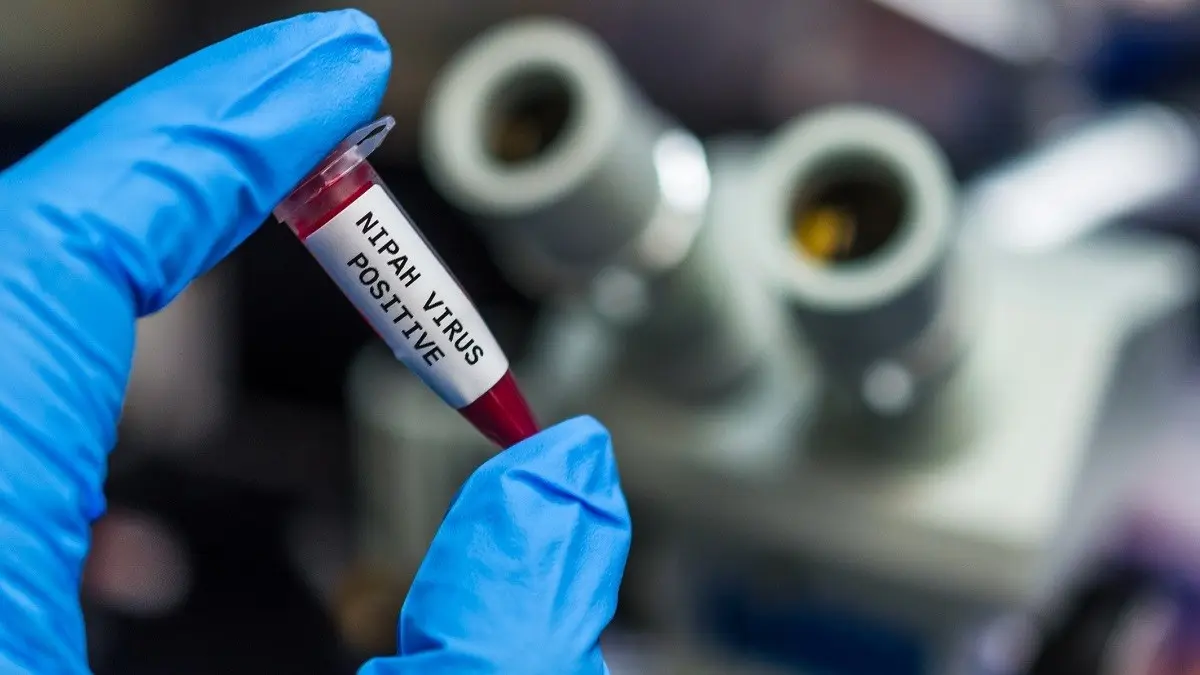Kerala, a state of India, is on high alert after a resurgence of the deadly Nipah virus (NiV), which caused at least two people’s lives in recent days and flared the testing of more than hundreds of locals in southern Kerala state.
For the third time in nearly five years the deadly brain-damaging virus, which can spread from bats to humans, has emerged in the Kozhikode district of Kerala.
In 2018, 21 people died following outbreak of NiV before it was contained. Previously, the virus has been detected in nations including Malaysia and Singapore.
What is the Nipah virus (NiV)?
According to the World Health Organization, Nipah is a zoonotic virus, which means it can be transferred from animals to humans, which can generate a harsh respiratory infection and attack the brain.
It was first noticed in 1999 during an outbreak among Malaysian pig farmers and was also detected in Singapore. While no new infections have emerged in either place, there have been rare flare-ups in Bangladesh and India since 2001.
How is the Nipah virus transferred?
The Malaysian outbreak is considered to have been generated by the virus transferring from infected pigs to humans. But in India and Bangladesh, the most probable transmission way is considered to be from the consumption of fruit products — such as date palm sap — tainted by the urine or saliva of infected fruit bats, according to the WHO. But WHO urged that a high percentage of subsequent outbreaks probably concerned human-to-human transmission.
What are the symptoms of Nipah virus?
According to the US Centers for Disease Control and Prevention, Symptoms usually start with a fever and headache, accompanied by signs of respiratory disease like a cough or sore throat.
They may occur any time within two weeks of exposure to the virus. The infection can worsen, leading to disorientation, seizures, and encephalitis which may place patients into a coma within 48 hours.
Is there any treatment available for Nipah?
There are no vaccines available for Nipah-affected humans or animals, nor are there any effectual treatments other than supportive care. Researchers are now producing monoclonal antibodies — immunotherapeutic drugs that would instantly oppose the virus — but no authorized treatments are yet available, according to the CDC.
Which countries detected the Nipah virus?
Yet, the virus has been limited to Asian nations: India, Bangladesh, Singapore, Malaysia, and the Philippines.




